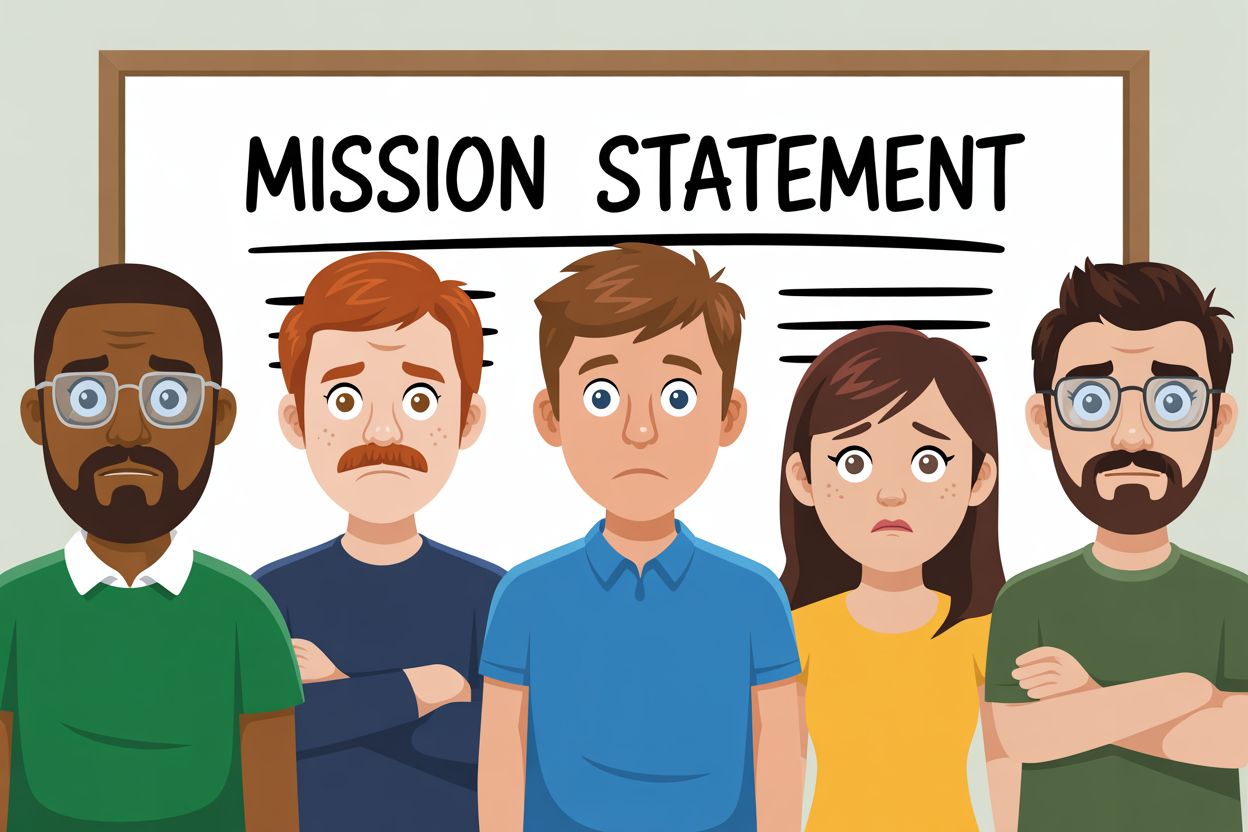Be honest, how interesting is the work that your team does?
Are you in elite sport, films, music, cutting edge science, mind-blowing research?
Are you saving lives, curing diseases, helping kids thrive?
Or are you focused on making small things that are components of other small things, that are small part of a big thing that we could all probably get by without.
Or like me, are you concerned with systems, processes, governance, controls, rules and regulations, all relating to financial transactions between a company and its customers.
My point is that is that some work, on the face of it, has more in-built motivating factors than others. Although, of course, there still needs to be a fit. If you hate sport and you’re head of marketing for the English Premier League, you might still find it hard to get out of bed in the morning.
But, the truth is that most jobs are not inherently motivating enough in themselves that we would do them if we didn’t get paid to.
Let’s face it, I don’t think many kids dreamt about one day becoming a group head of compliance monitoring in a FTSE 100 company. This kid didn’t, but that’s what I am.
So how do I get myself going each day and get my team going too?
It is by making it personal.
I care that I do a good job and that my team does a good job and that, ultimately, a customer gets well treated. But that’s not because the company has a bunch of values and mission statements about collaboration and doing the right thing.
It’s because my personal value system drives me forward. I have professional pride in doing a good job and helping others do the same.
I care about growing as a leader and about helping my team develop. So, I continue to learn and think about leadership, I coach my team, I try to give them opportunities to grow, and I give them the freedom to manage their work.
Why? Because love of learning is my top strength and supporting others makes me feel good. I also know that learning and growth make others feel good too.
I care that I make connections and build relationships around the organisation and that I help my team feel valued and engaged. Is this because as a leader I need to be ‘visible’ so I get a better grade in my annual appraisal?
No, it’s because I know that feeling connected with others makes work (and life) easier, more fulfilling and more satisfying.
Self-Determination
There are two reasons this newsletter is called the Self Determined Leaders.
The first is that in my view, without self-determination - i.e. the ability to shape our own lives and work - we don’t really have a life worth living. The second is because I believe in the central premises of Ryan and Deci’s self-determination theory (SDT).
SDT is meta-theory of human motivation, supported by a significant body of research. It comprises 6 mini theories that explain different facets of motivation.
At the heart of SDT is the Basic Psychological Needs Theory. This suggests that people are naturally inclined to grow, develop, and perform, but only when their environment supports three basic psychological needs:
Autonomy – the sense of volition and choice in our actions.
Competence – the experience of mastery and effectiveness.
Relatedness – the feeling of connection and belonging.
When these needs are met, we thrive. When they are thwarted, we don’t.
So as leaders, we need to find ways to have these needs met for ourselves and to create the conditions for them to be met for our teams.
I’ve set out above some of the ways that I promote autonomy, competence and relatedness for myself and my team.
Here are some ways that you can do it for your teams.
Get this right and your team members will be engaged, motivated and have a greater sense of well-being.
1. Autonomy support
Offer choice in how tasks are approached or which projects team members take on.
Explain the purpose behind decisions and goals — people engage more deeply when they understand the purpose. Link the purpose to the personal - think about what matters for this team member, or this group.
Avoid micromanagement. Instead, support initiative and independent thinking. Try to minimise external pressures.
2. Build Competence
Provide regular, constructive feedback that helps team members grow without undermining their confidence.
Encourage development through assigning work with optimal levels of challenge, or though training and coaching.
Harness strengths - match work with team members’ strengths. By this I mean character strengths, not technical expertise (although that is relevant too). When we get to express our top strengths we thrive. There is more on this here.
Cultivate a culture of belonging where everyone feels seen, heard, and respected.
Encourage collaboration, not just co-operation. Help your team and help them to help each other. The connections that are built strengthen commitment.
Lead with kindness, especially during setbacks or change.
I won’t say that I spring out of bed each morning like I would if I was playing football for Crystal Palace FC.
But, self-determination theory gives me a framework I can use to try to maximise motivation - in me and my team - notwithstanding how uninspiring the latest investment fund labelling regulations may be.
Resources
There is more on self-determination theory here.
Need some help?
If you have any thoughts or questions on this topic, send me an email at [email protected]
Click here if you want to book me for one to one coaching. I’ll help you on your leadership journey.
